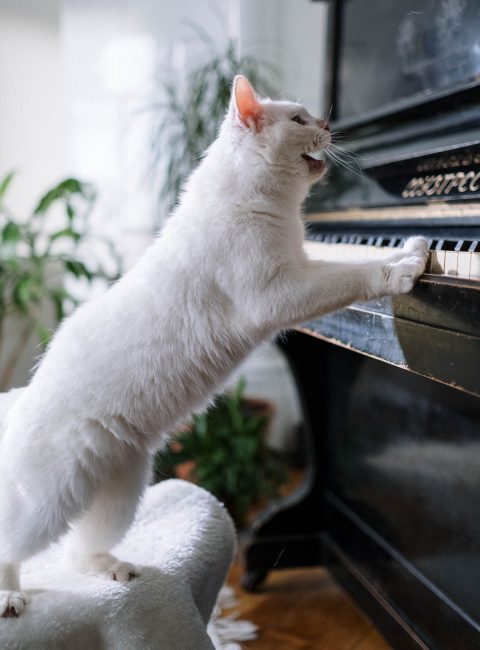Why Do People Quit the Piano?
Find out the reasons why
I have been teaching (and learning) the piano for over two decades now. I have had a lot of students start and continue their piano journey until now. On the other side of the coin, I have had a lot who have started eagerly in learning the piano and then eventually give up all together. Most of the time, I get asked the question, “Why do people quit learning or playing the piano?”
Here are some top reasons why people give up playing the piano:
Lack of Time – learning the piano at a young age has one block the time and schedule easily, especially under a parent or guardian’s supervision. But as one gets older, people’s schedules can be busy, and finding time to practice the piano can be challenging. If someone cannot commit to regular practice sessions, they may struggle to make progress and eventually give up.
Frustration – Learning to play the piano, especially for beginners, takes patience and can be really challenging. Coordinating hands and fingers, reading music, and committing to practice, practice, practice are the refrain of musicians everywhere, If someone finds the instrument difficult to play or struggles to make progress, they may become frustrated and just decide it isn’t worth the effort in the end.

Poor instruction – like choosing the right piano model is important for a piano student, choosing a mentor is also critical in one’s journey in learning the instrument. The quality of instruction can also play a significant role in someone’s decision to quit playing the piano. Wrong techniques can be taught and lessons can be rushed. If the teacher is too strict or even too lenient where one is not receiving adequate or engaging instruction, they may lose interest and give up.
Self-criticism – like for most, you are your own worst critic. There is a lot of inner scolding when you hit the wrong notes or completely miss the cadence and tempo. This constant self-flagellation would wear one down and beating yourself up time and time again can eventually lead to the dislike of piano practice. This is when even the most dedicated piano student would think that maybe it would be better to just stop altogether.

So how do you avoid all of these pitfalls? My advice would be, first, go easy on yourself. Practice doesn’t have to be hours and hours of keyboard work every day. Thirty minutes of focused practice is enough for a day’s practice. Get a nurturing teacher or mentor friend. If you can’t find a local teacher for face-to-face instruction, go online and study with a virtual one. Find support and motivation from your family, peers, friends or online piano community. Find your tribe. Lastly, short-circuit your inner critic by celebrating small achievements and show off to your friends and family along the way so they can support you.
So, don’t quit. I won’t and I am with you all the way.